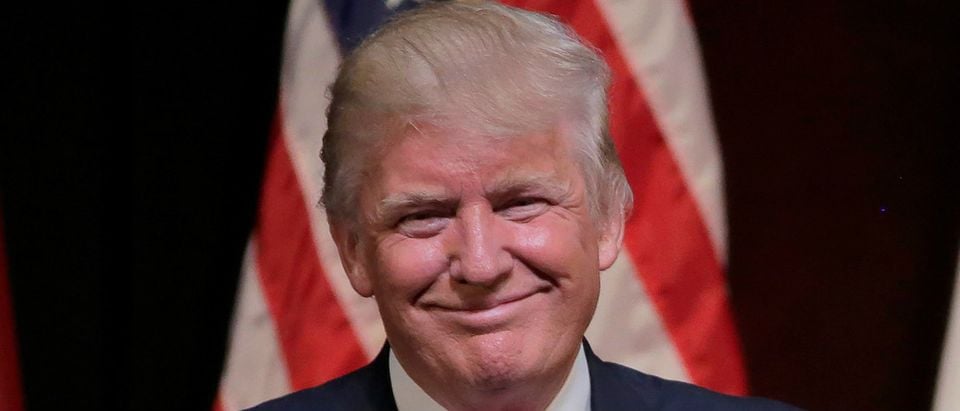The conspiracy theory that President Donald Trump colluded with the Russians in interfering with the 2016 election is slowly falling apart as the Russia probe progresses.
Although the intelligence community is certain that Russia was behind the hacking of the Democratic National Committee and Clinton campaign chair John Podesta, to date they have found no evidence that the Russians colluded with members of the Trump campaign.
Recent leaks about the Russia probe, although damaging to the Trump White House, have actually worked against the collusion narrative.
The New York Times reported that Russian officials discussed finding backdoor ways to influence Trump without his knowledge through retired Lieutenant Gen. Michael Flynn and former Trump campaign manager Paul Manafort. If true, the Times’ report appears to be inconsistent with the narrative that Trump was engaged in a quid-pro-quo with Russia, as alleged by the infamous Trump dossier that some liberals have used to accuse Trump of colluding with the Russians. (It’s also worth noting that the US officials who leaked to the Times admitted that there is no evidence that Russia actually followed through in that influence campaign.)
Similarly, reports that Trump son-in-law Jared Kushner suggested opening up covert channels with Russian officials after the election also appear to work against the collusion narrative. The fact that Kushner allegedly explored opening channels of communication with the Russians would imply that such channels didn’t already exist. (Here, too, it’s important to note that no evidence exists that Russia and Kushner actually followed through on the alleged idea.)
Trump’s actions as president are also inconsistent with the idea of a quid-pro-quo. Trump acted more aggressively than Obama in ordering a strike on Russia-allied Syria in retaliation for Syria’s use of chemical weapons on civilians. Recent reports have also indicated that Trump will likely keep in place the sanctions Obama levied against Russia after the election, further undermining the conspiracy theory that Trump is working to advance Russian interests. (RELATED: Trump, A ‘Russian Stooge,’ Will Maintain Sanctions On Russia)
Proponents of the collusion conspiracy theory have also routinely ignored the fact that DNC hacking has been traced back to 2015, when Trump was widely believed to have little shot at winning the Republican primary, much less the general election.
Even the most ardent Trump opponents, moreover, have conceded the lack of evidence of anyone on the Trump campaign — much less Trump himself — colluding with the Russians. (RELATED: Even Maxine Waters Says There’s No Evidence Of Trump-Russia Collusion)
If recent history is any indication, however, lack of evidence is unlikely to keep Democrats from pushing conspiracy theories that fit their worldview.
An Economist/YouGov poll earlier this month found that a stunning 55 percent of Democrats say it is “definitely true” or “probably true” that Russia actually tampered with voting tallies to give Trump the victory — an outlandish conspiracy theory with no evidence to support it. What’s more, the number of Democrats who think Russia rigged the voting machines may actually be increasing. The 55 percent figure is up three points from December, when 52 percent of Democrats said they believe Russia tampered with vote tallies to get Trump elected.


